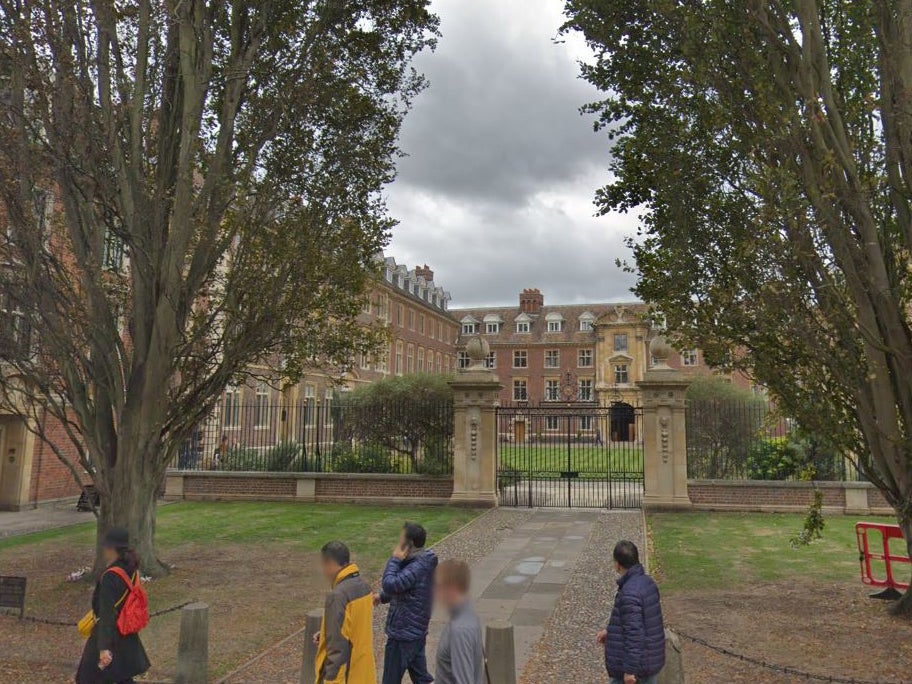Cambridge University hides bell over fears it was 'most likely' used on slave plantation
Precaution part of 'ongoing reflection about links between universities and slavery', says college

A Cambridge University college has hidden a historic bell from view over fears it is linked with the slave trade, according to reports.
The Demerara Bell was donated to St Catharine’s College in 1960 and university officials said they believed it “most likely” originated in a slave plantation.
A St Catharine’s spokesman said in a statement that “as part of the ongoing reflection taking place about the links between universities and slavery, we are aware that a bell currently located at the college most likely came from a slave plantation”.
He added: "A more detailed investigation is under way into the bell’s provenance as part of a wider project researching the college’s historical links to the slave trade.
“We know that the bell was presented to the college in 1960 and moved to its current position in 1994.”
The Daily Telegraph reported that the bell had been hidden but not physically removed. The site reported that it was presented to St Catharine’s by a former student working at a sugar company in British Guiana, now Guyana.
It comes as Cambridge University conducts an inquiry into whether it benefited from or contributed to the slave trade.
The two-year investigation is designed to acknowledge the university’s “role during that dark phase of human history”, vice-chancellor Professor Stephen Toope has said.
It will also dig in to whether scholars at the prestigious university reinforced racism over the centuries.
St Catharine’s senior tutor Dr Miranda Griffin said in a further statement: “It is important that the college, along with the rest of the collegiate university, acknowledges historical links to slavery and the slave trade.
“As an academic community, we will continue to conduct rigorous research into all aspects of our past and to reflect on our commitment to diversity, inclusion and asking challenging questions.”
Subscribe to Independent Premium to bookmark this article
Want to bookmark your favourite articles and stories to read or reference later? Start your Independent Premium subscription today.

Join our commenting forum
Join thought-provoking conversations, follow other Independent readers and see their replies